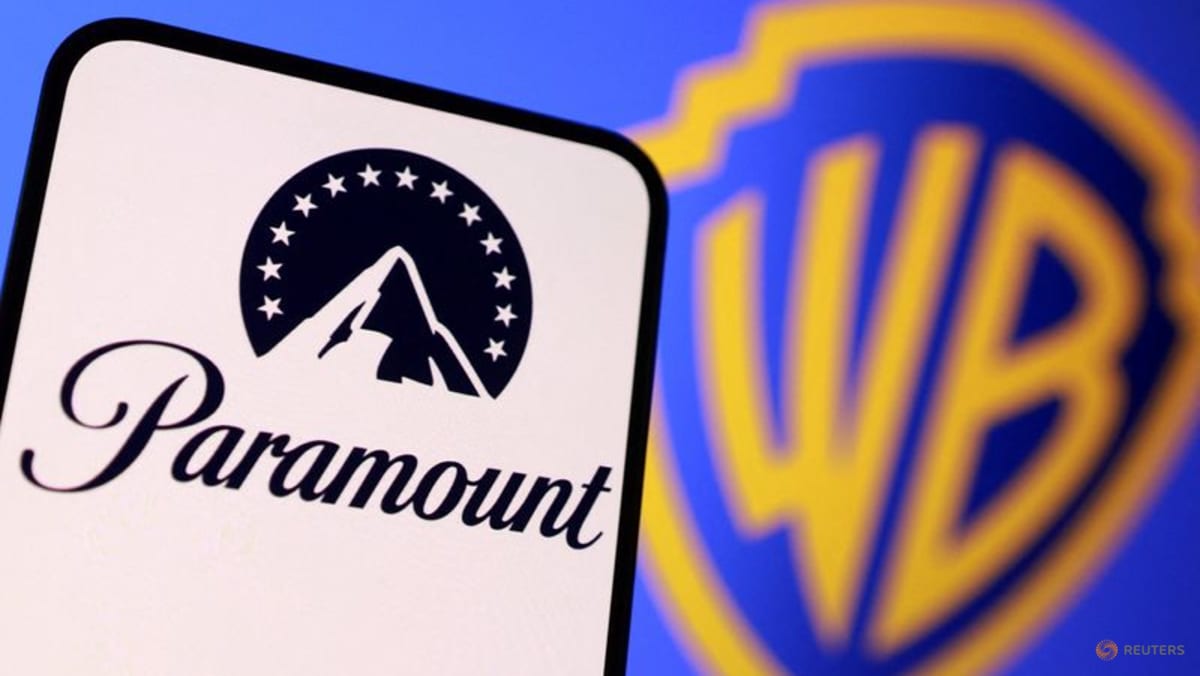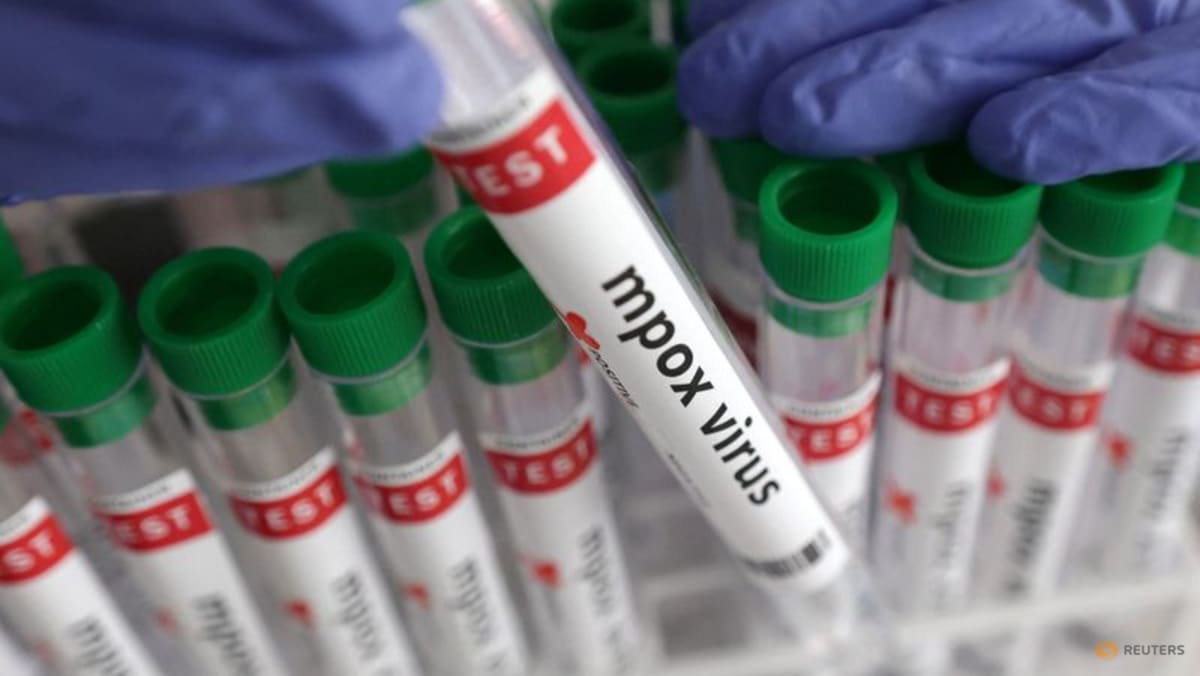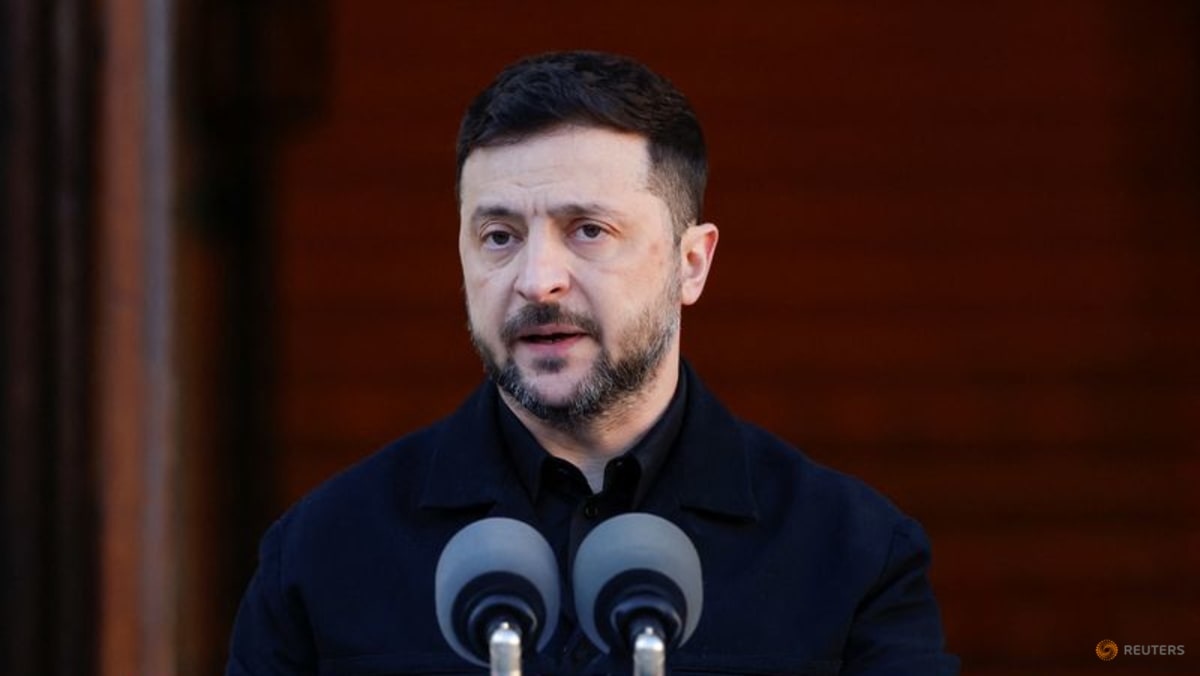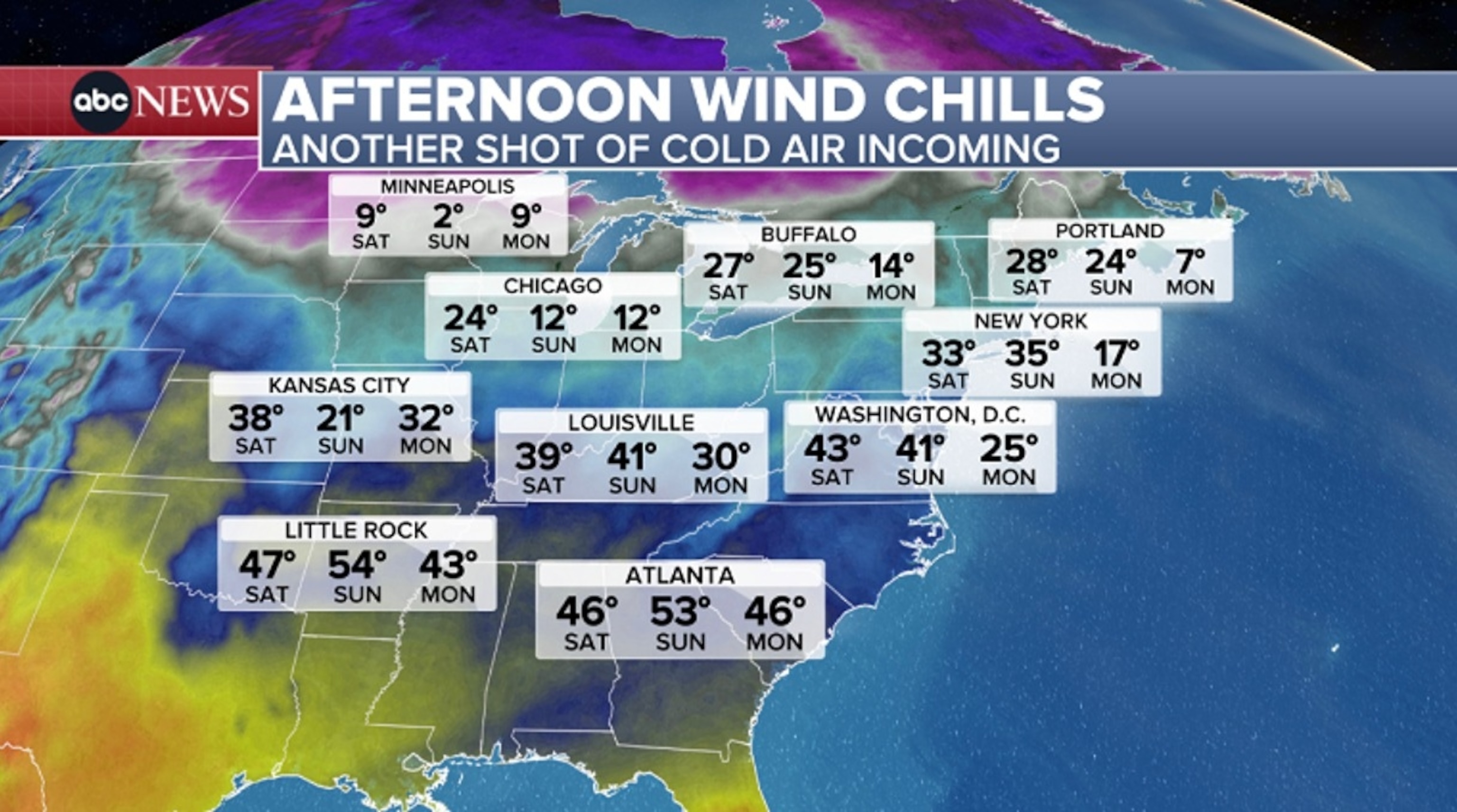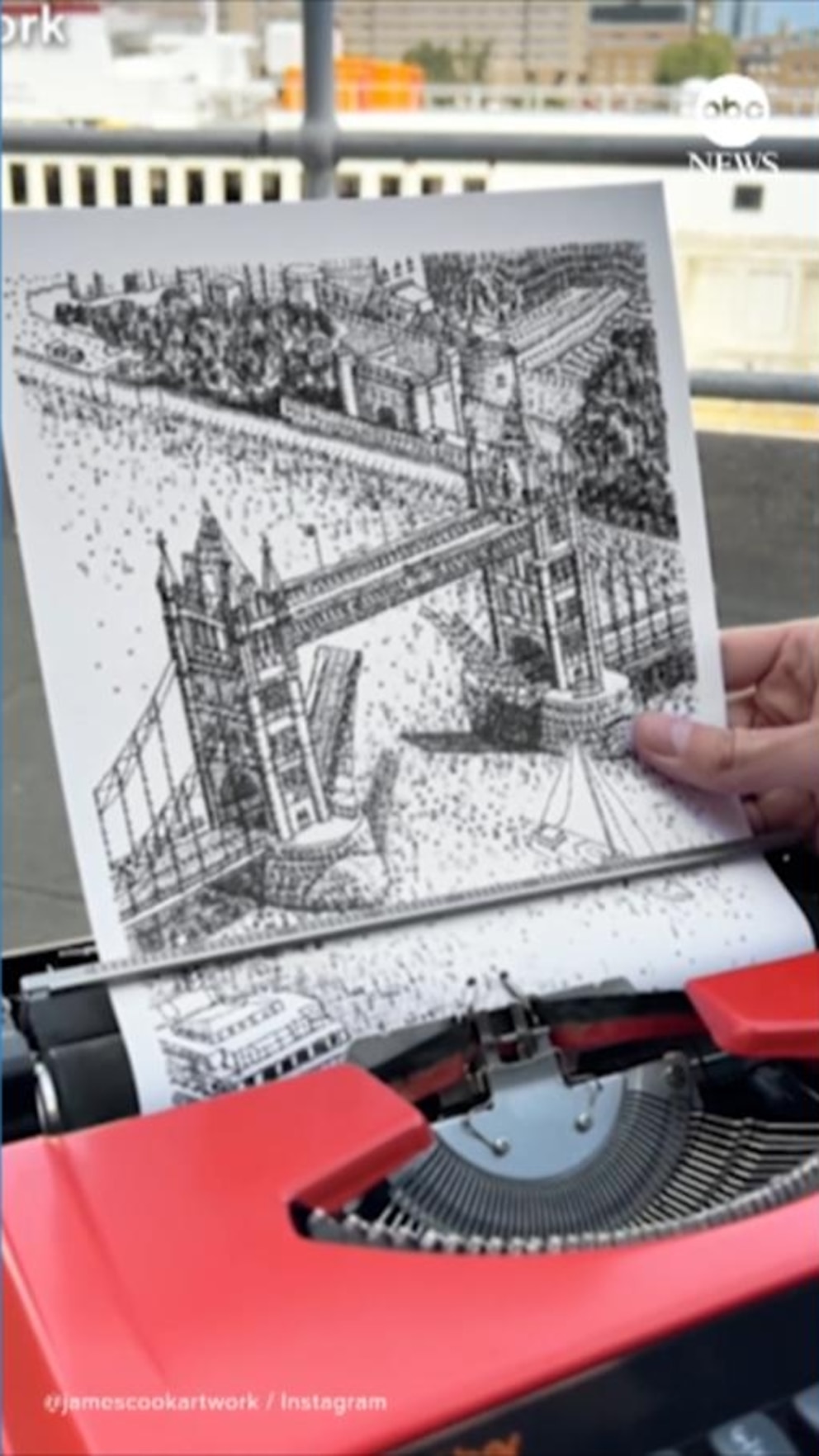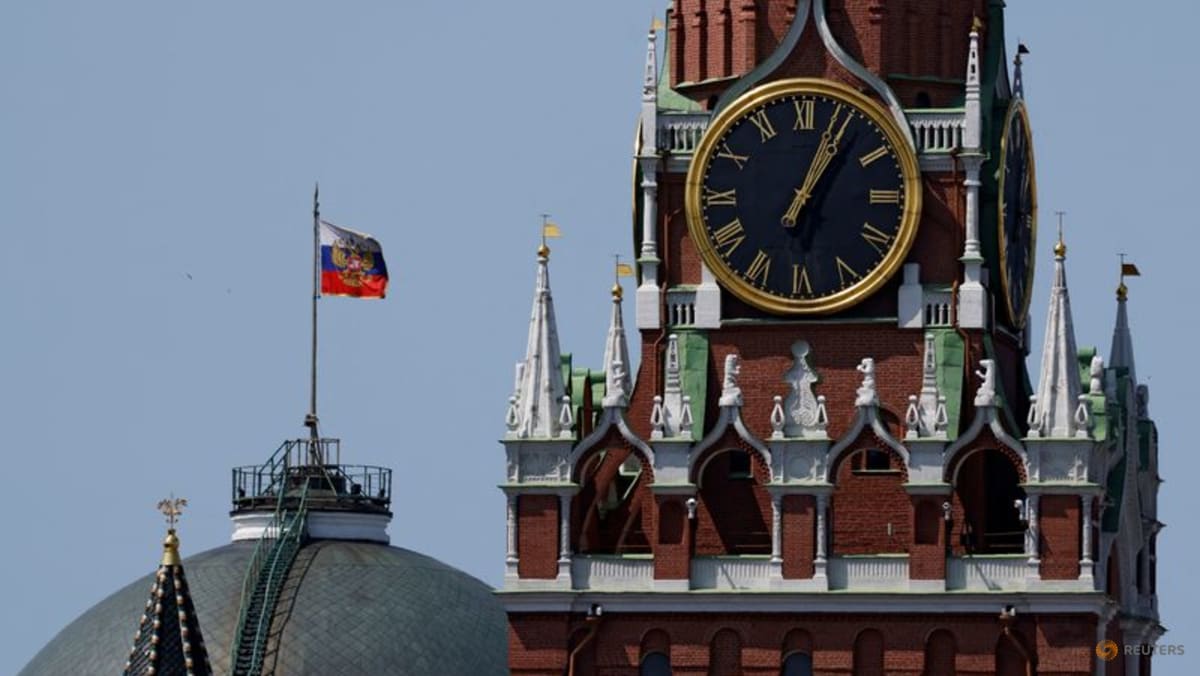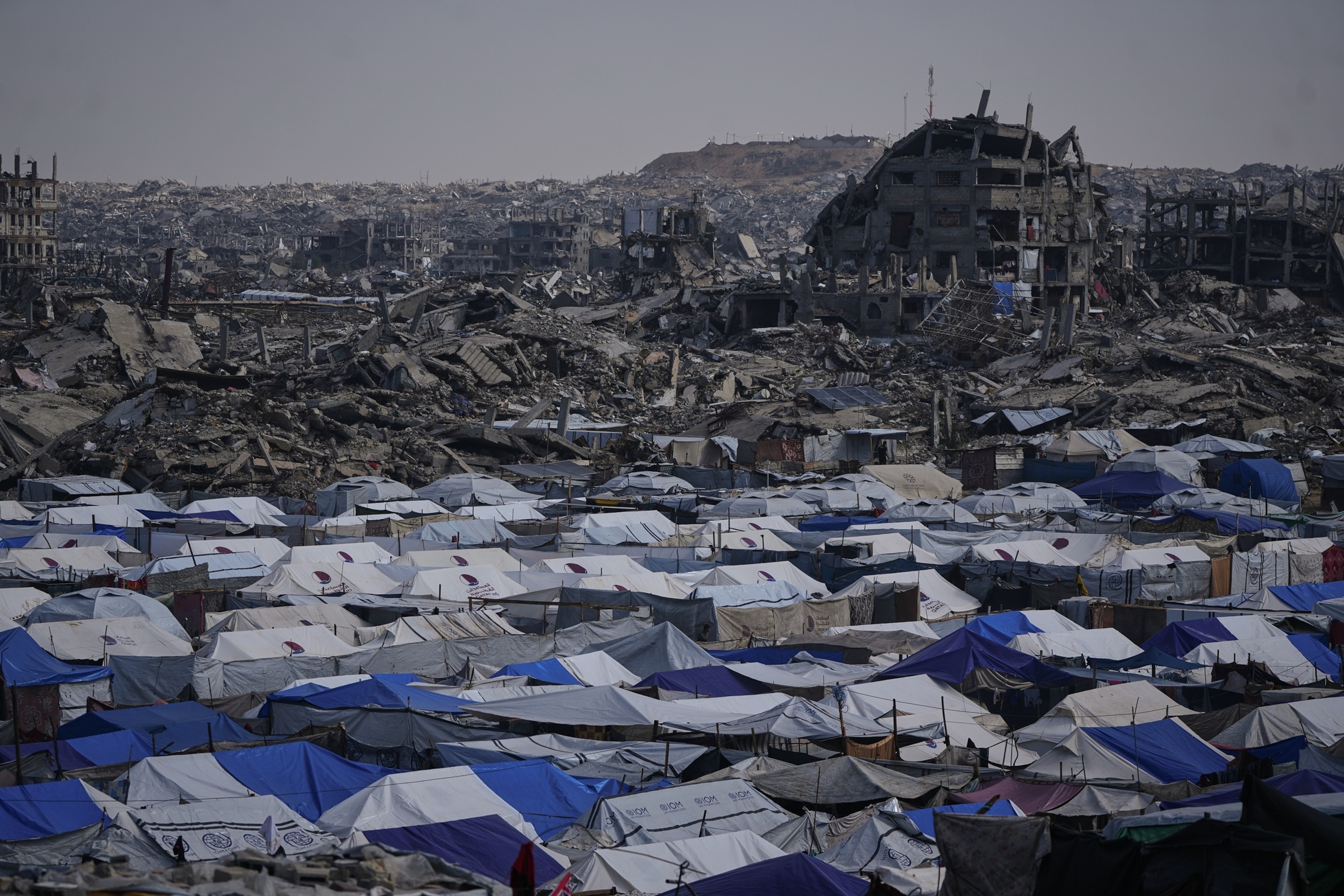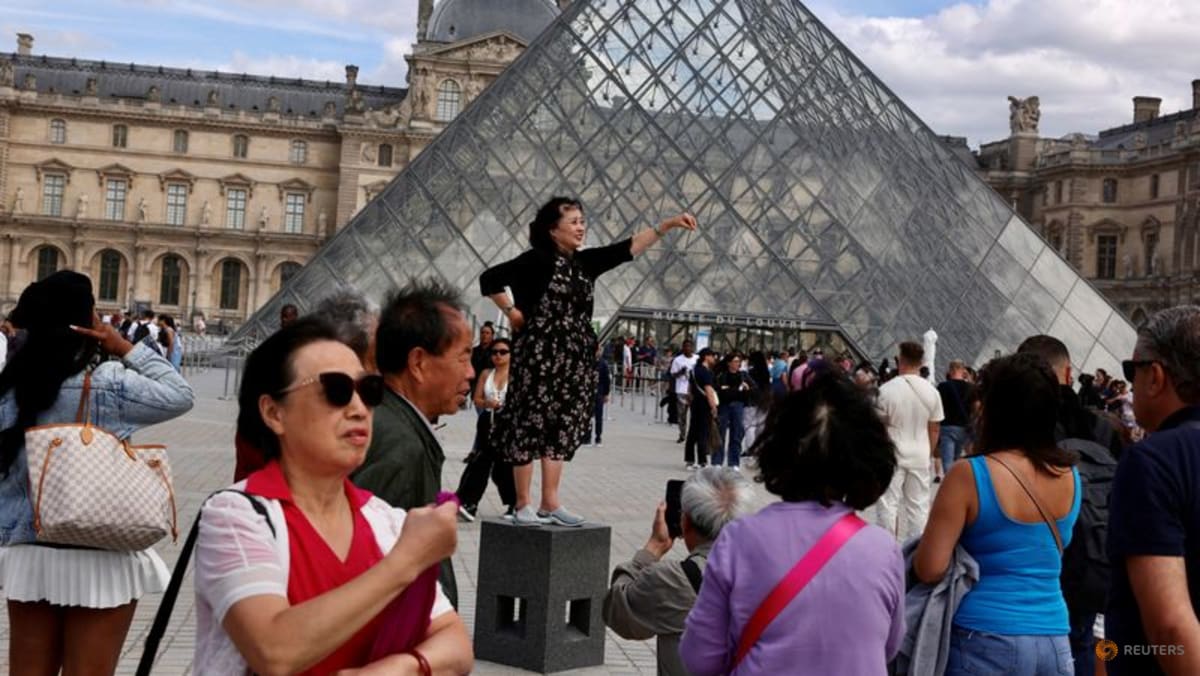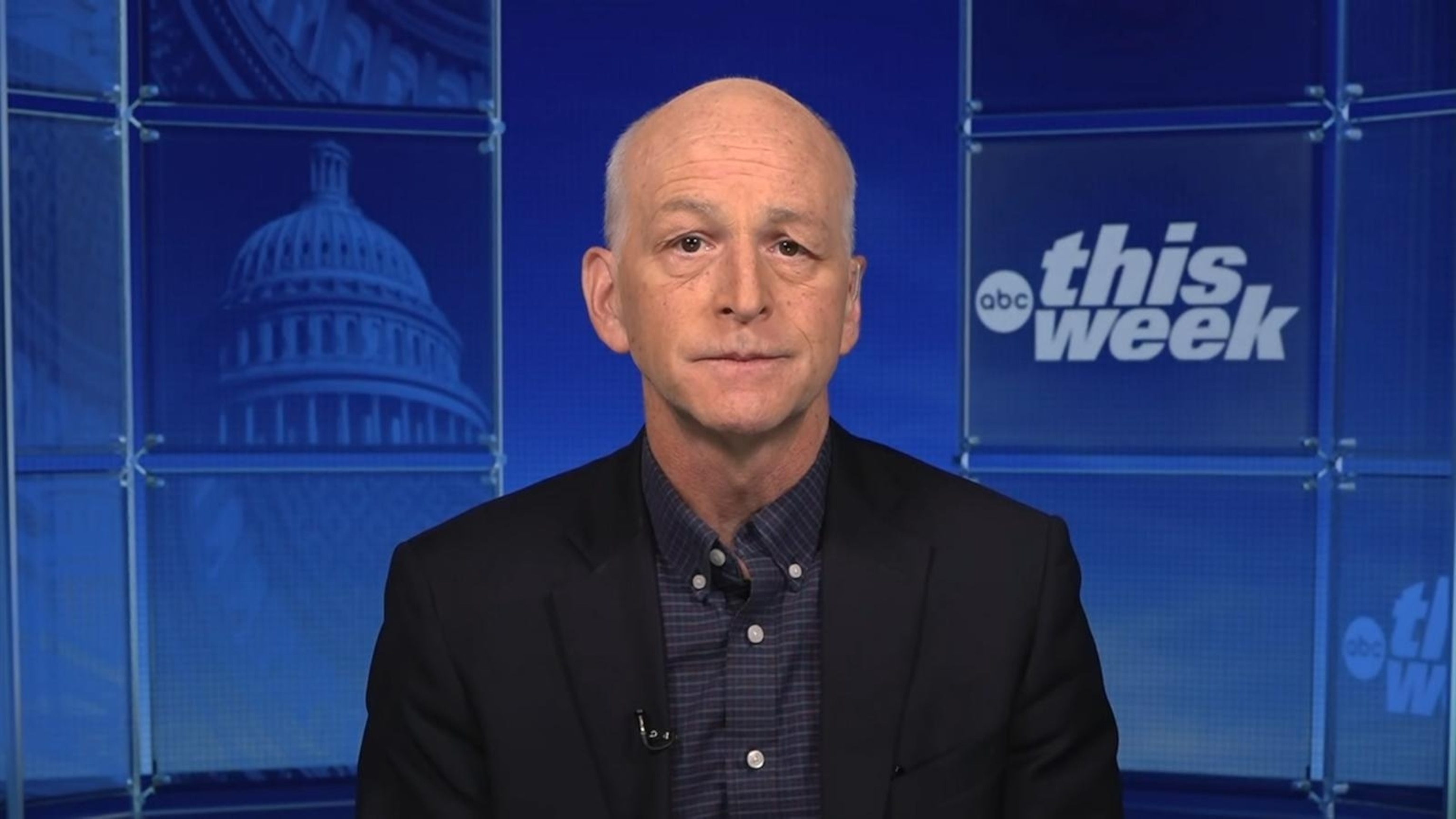Hong Kong leader warns of ‘resistance’ on handover anniversary
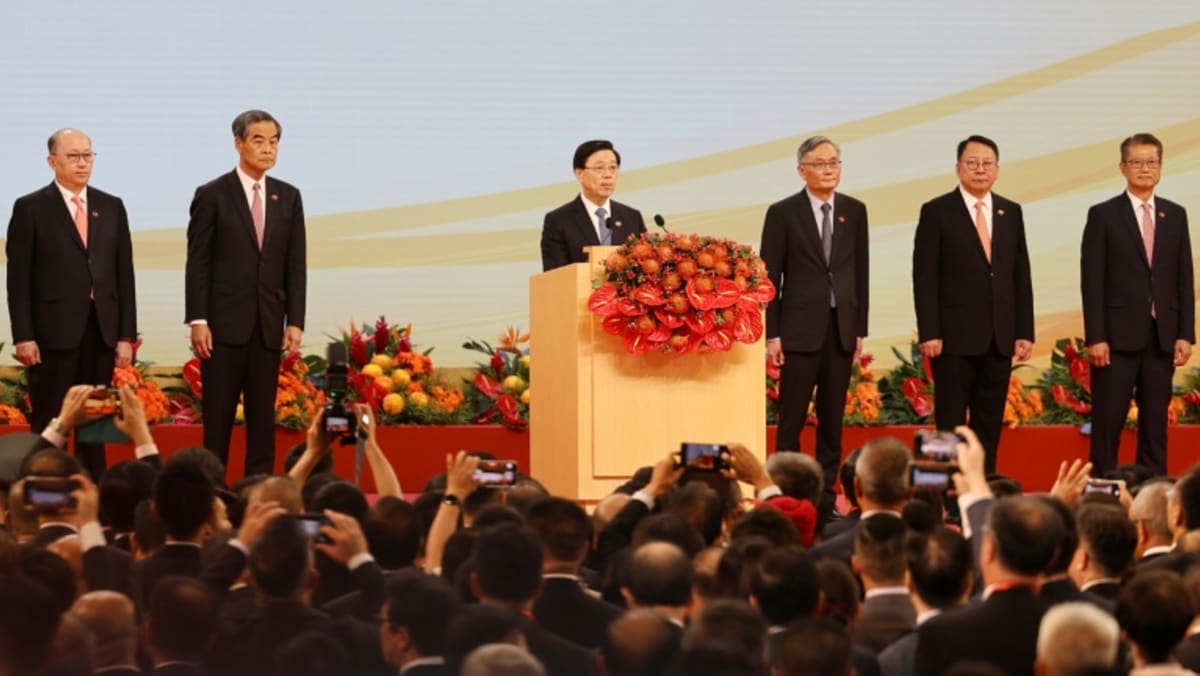
HONG KONG: Hong Kong’s leader said the city must guard against “destructive forces engaging in soft resistance” as it marked the 26th anniversary of its handover from British to Chinese rule on Saturday (Jul 1).
Britain ceded the long-time colony to China in 1997 under a 50-year governance model known as “one country, two systems”, which guaranteed key freedoms and a measure of autonomy.
These rights – such as the freedom of assembly – set Hong Kong apart from the mainland, and Jul 1 was once a day of demonstrations for the city’s outspoken civil society.
But following huge and sometimes violent pro-democracy protests in 2019, China imposed a sweeping national security law that – when combined with legal changes putting “patriots” in charge – effectively stamped out most forms of dissent from Hong Kong life.
On Saturday, ex-security chief turned leader John Lee said Hong Kong was “largely stable” now, but was still being targeted by countries that oppose China’s rise.
“There are also destructive forces engaging in soft resistance hidden within Hong Kong,” Lee said during a speech at an event marking the anniversary.
“Therefore, we must remain alert and take the initiative ourselves to protect national security.”
He also said the finance hub – whose economy was pummelled by pandemic-related border closures that left it internationally isolated – was on the “fast lane to resuming normality”.
“Over the past year, the government has led Hong Kong out from the shadow of the pandemic, cultivating confidence and hope amid a difficult experience,” Lee said, adding that he expected GDP to grow “around 3.5 to 5.5 per cent” in 2023.
Responsible for spearheading Hong Kong’s security response to the 2019 protests, Lee was sworn in as the city’s leader on Jul 1 last year after running for the post unopposed and with Beijing’s backing.
Hong Kong stuck with China’s zero-COVID strategy for nearly three years, even as other economies were reopening, with strict pandemic curbs hurting businesses and sparking a talent exodus.
Still, health experts said the city saw some of the world’s highest coronavirus death rates – mostly due to low vaccination, especially among the jab-hesitant elderly – when the super-contagious Omicron variant breached its defences in late 2021.
Source: CNA


